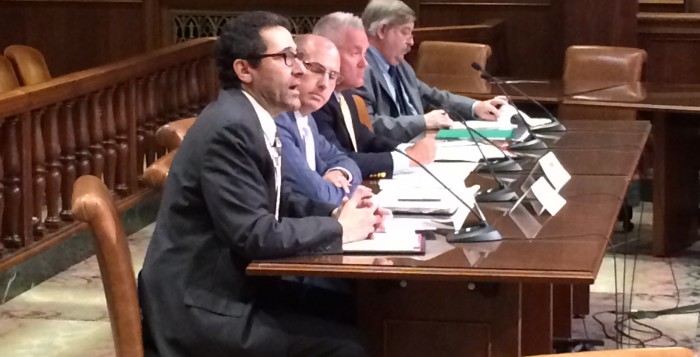Yesterday, a Texas federal judge issued a temporary injunction to the Department of Labor’s (DOL) overtime rule. In granting the preliminary injunction, the federal judge said the DOL’s overtime rule exceeds the authority the agency was granted by Congress.
As you may recall, the DOL’s overtime rule was announced in May, and it has been opposed by many businesses and nonprofits. The rule was to take effect on December 1 of this year. Now with yesterday’s ruling, it is likely that President-elect Trump’s administration, which opposed the rule, will have time to review it and make changes and/or roll back various provisions contained in the current rule.
The DOL could appeal the Tuesday ruling, but with the Obama administration only having approximately two months in office, an appeal is unlikely. With many RCPA members already implementing and announcing changes to comply with the DOL’s overtime rule, it might be difficult for those members to roll back these changes, because it may impact employee morale. As further information is released, RCPA will provide additional guidance to members. Please contact Jack Phillips, RCPA Director of Government Affairs with any questions.

















